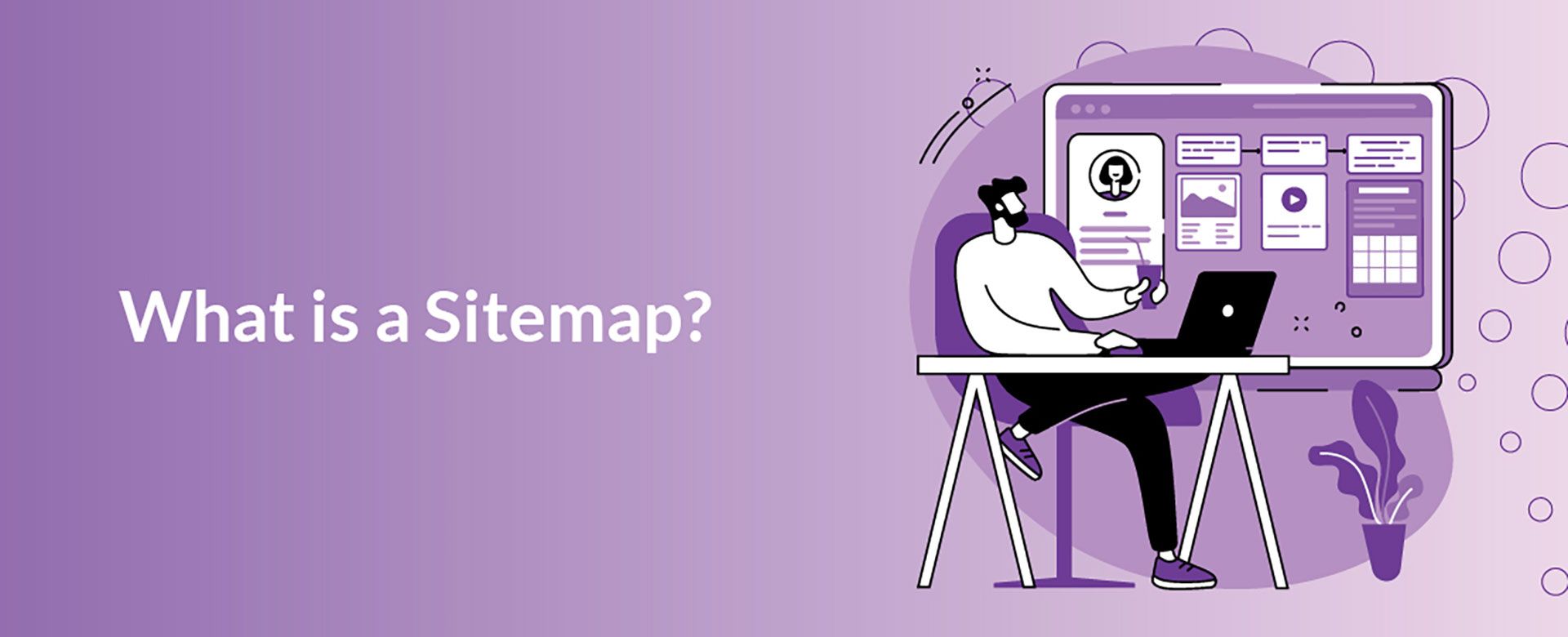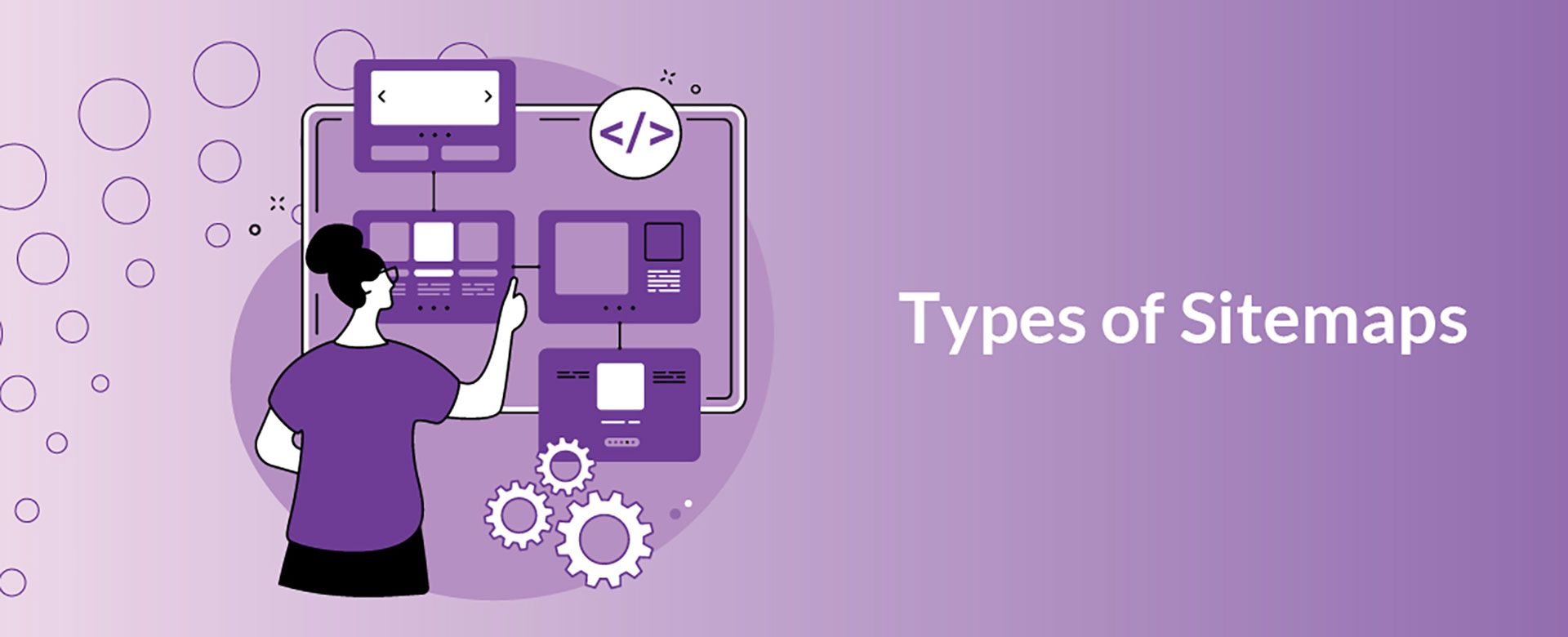Demystifying Sitemaps: A Small Business Guide to Boosting Website Visibility
As a Small Business Owner navigating the vast online landscape, and a regular reader of our blog, you've obviously heard about the importance of Search Engine Optimisation (SEO) for improving your Website's visibility and attracting more Customers.
However, you may not have heard of one SEO tool among the many available. We’re here to introduce you to Website sitemaps and how they are a powerful yet overlooked asset for
Small Business Websites.

What is a Sitemap?
Obviously we live and breathe Websites, so sometimes we forget that not everyone is going to know all the boring terminology and jargon. Given this, before we start, we’re going to define what a Website sitemap is for those of you who don’t know.
Simply put, a Website sitemap is
a
blueprint or map of your Website's structure that outlines all the pages, content, and links within your site. It
provides search engines like Google with valuable information about the organisation and hierarchy of your Website, making it easier for them to crawl and index your content

Types of Sitemaps
So, we’ve got the generic definitions of Website sitemaps out of the way, but there’s more than one type of Website sitemap. Here are the two primary types of Website sitemaps that Small Businesses can utilise. Read their descriptions and find out which is the best one for you and your business.
XML Sitemaps: XML (Extensible Markup Language) Website sitemaps are
specifically designed for search engines. They provide a list of URLs along with additional metadata about each page, such as the last time it was updated and its priority level. XML Website sitemaps help search engine crawlers discover and index your content more efficiently.
HTML Sitemaps: HTML (Hypertext Markup Language) Website sitemaps are
intended for human visitors and serve as a navigational aid. They typically consist of a simple page on your Website that lists all the links to your Site's pages in a structured format. HTML Website sitemaps make it easier for users to find specific content and navigate your Site more effectively.
Benefits of Sitemaps for Small Businesses
Now that you understand what Website sitemaps are, let's move onto what you really care about - how they can benefit your Small Business Website.
Improved Indexing: By providing search engines with a roadmap of your Website's structure,
sitemaps help ensure that all your important pages are discovered and indexed promptly. This can lead to better visibility in search engine results pages (SERPs) and increased organic traffic to your Site.
Enhanced Crawl Efficiency: Search engine crawlers have finite resources and may not be able to discover every page on your Site through traditional means like internal linking.
Website Sitemaps act as a shortcut for crawlers, guiding them to all the relevant pages on your site and ensuring that none are overlooked during the indexing process.
Priority and Freshness Control: XML Website sitemaps allow you to specify the priority level and update frequency of individual pages, giving you greater control over how search engines prioritise and crawl your content. This can be especially useful for ensuring that your most important pages are crawled and indexed regularly.
User Experience: HTML Website sitemaps provide a user-friendly navigation option for visitors who may be unfamiliar with your Site's structure or looking for specific information. By offering a comprehensive list of links to all your pages, HTML Website sitemaps enhance the overall user experience and make it easier for visitors to find what they're looking for.
Website Sitemaps are a valuable SEO tool that can help Small Businesses improve their Website's visibility, crawlability, and user experience. By creating and submitting Website sitemaps to search engines, you can ensure that your content is discovered, indexed, and ranked effectively, ultimately driving more traffic and engagement to your Site. Don't overlook the power of Website sitemaps in your SEO strategy – they could be the key to unlocking greater online success for your Small Business.











